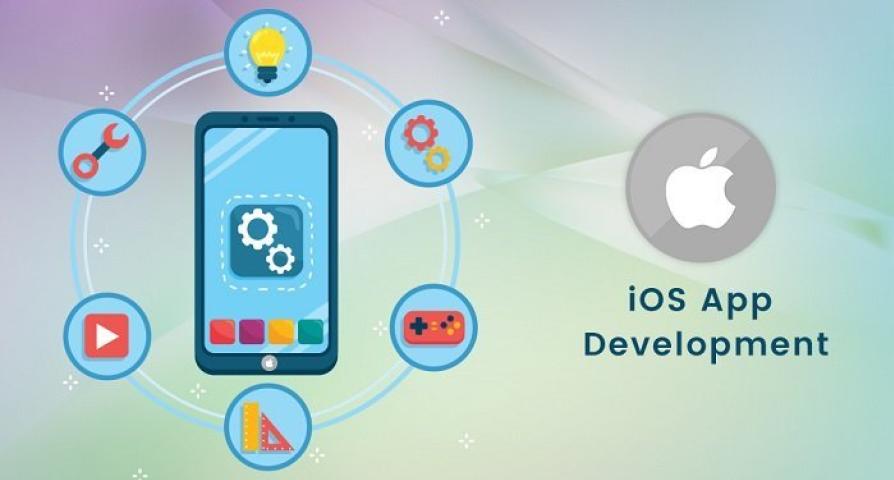In today’s digital world mobile app development is part of business strategy and consumer engagement. With everyone relying on smartphones and tablets, building apps for these devices can improve user experience and increase your reach.
What is Mobile App Development?
Mobile app development is the process of building software applications that run on mobile devices. These applications can be for various platforms, mainly iOS (Apple) and Android (Google). The process involves:
Planning and Research: Who is your target audience, what are their needs and what’s the purpose of the app.
Design: A user friendly interface (UI) and a smooth user experience (UX) is key to keeping users.
Development: This is where the coding happens. Developers use programming languages and tools to build the app’s functionality.
Testing: Before launch apps are tested to identify and fix bugs or issues so they work perfectly.
Deployment: After testing the app is released on app stores like Google Play and the Apple App Store.
Maintenance and Updates: After launch developers monitor app performance and update based on user feedback and technology trends.
Why Mobile App Development?
Accessibility: With mobile apps businesses can reach customers anytime and anywhere. This convenience improves customer engagement.
User Experience: Mobile apps provide a more personalized and efficient experience than mobile websites. Features like push notifications, GPS and camera integration make interactions more engaging.
Brand Loyalty: Having a mobile app can build brand loyalty. Users who download an app are more likely to engage with the brand regularly resulting in higher retention rates.
Revenue: Mobile apps can be monetized in many ways, in-app purchases, subscriptions and ads, additional revenue streams for businesses.
Mobile App Development Trends
The mobile app development landscape is changing. Some of the current trends are:
Artificial Intelligence (AI): Integrating AI can improve app functionality through personalization and advanced analytics.
Augmented Reality (AR): Apps with AR can offer unique user experiences especially in gaming and retail.
Cross-Platform Development: This approach allows developers to build apps that work on multiple platforms with a single codebase, saving time and resources.
Conclusion
Mobile app development is crucial for businesses to survive in the digital world. By using mobile apps businesses can improve customer engagement, build loyalty and create new revenue streams. As technology advances, staying updated with the latest mobile app development trends will be key to success in the mobile world.













